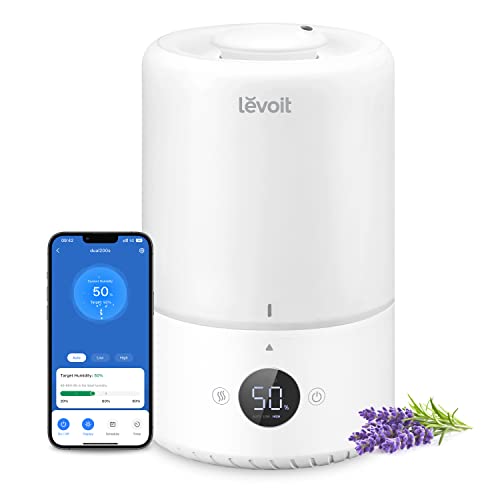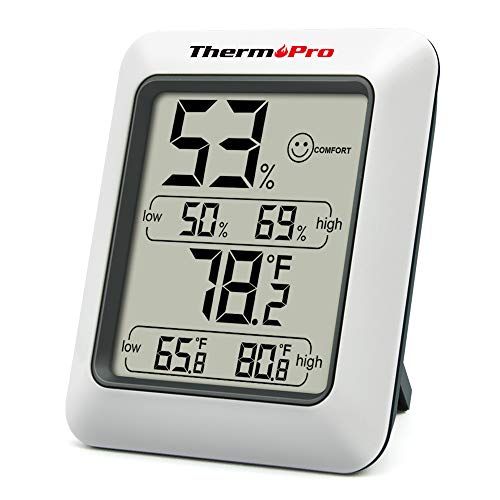Dehumidifier vs humidifier – how to know which is the right choice for your home
The differences between the two, and which one you should invest in

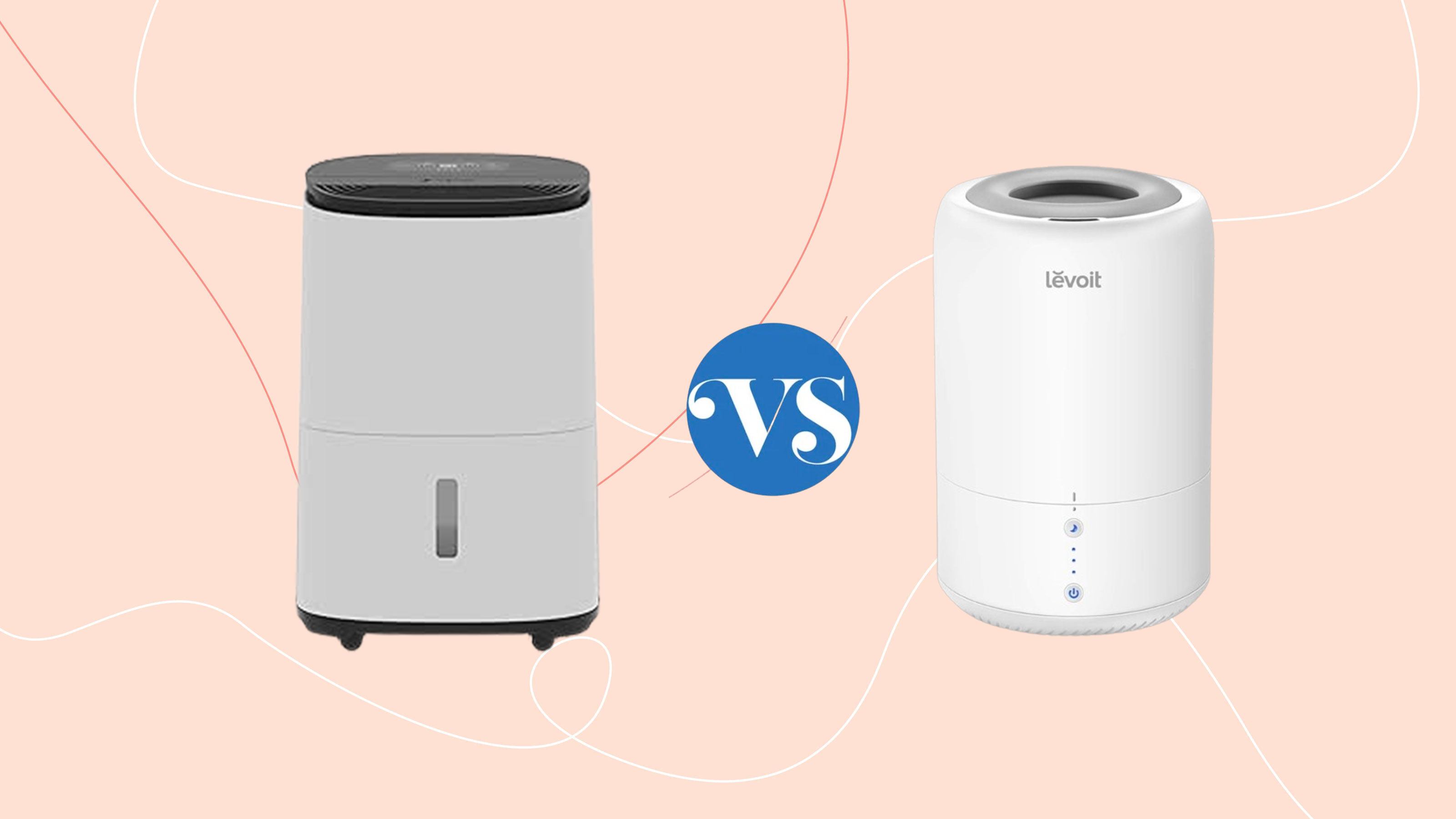
Recently there have been few home appliances quite as popular in the UK as dehumidifiers, often quickly selling out whenever there's a sale on. But when it comes to dehumidifiers vs humidifiers, are you making the right choice for your home?
The best dehumidifiers are touted as helping in a myriad of ways in the damp British weather, and while that's undoubtedly true, there are situations where you might be better off looking at humidifiers instead. Here's how to tell which is most suitable for your home...
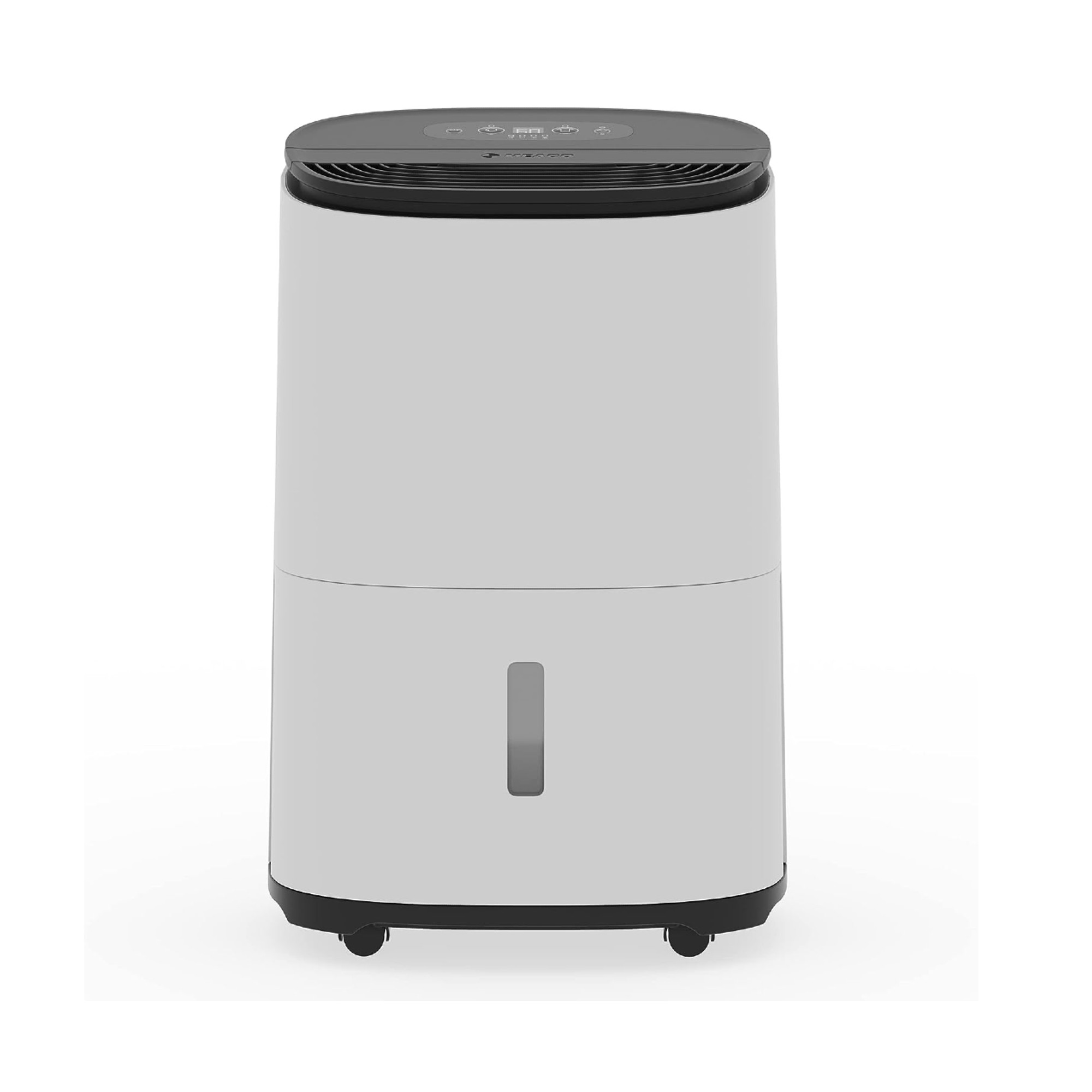
This dehumidifier constantly ranks as top in our testing, thanks to its clever features including a laundry mode.
Dehumidifiers
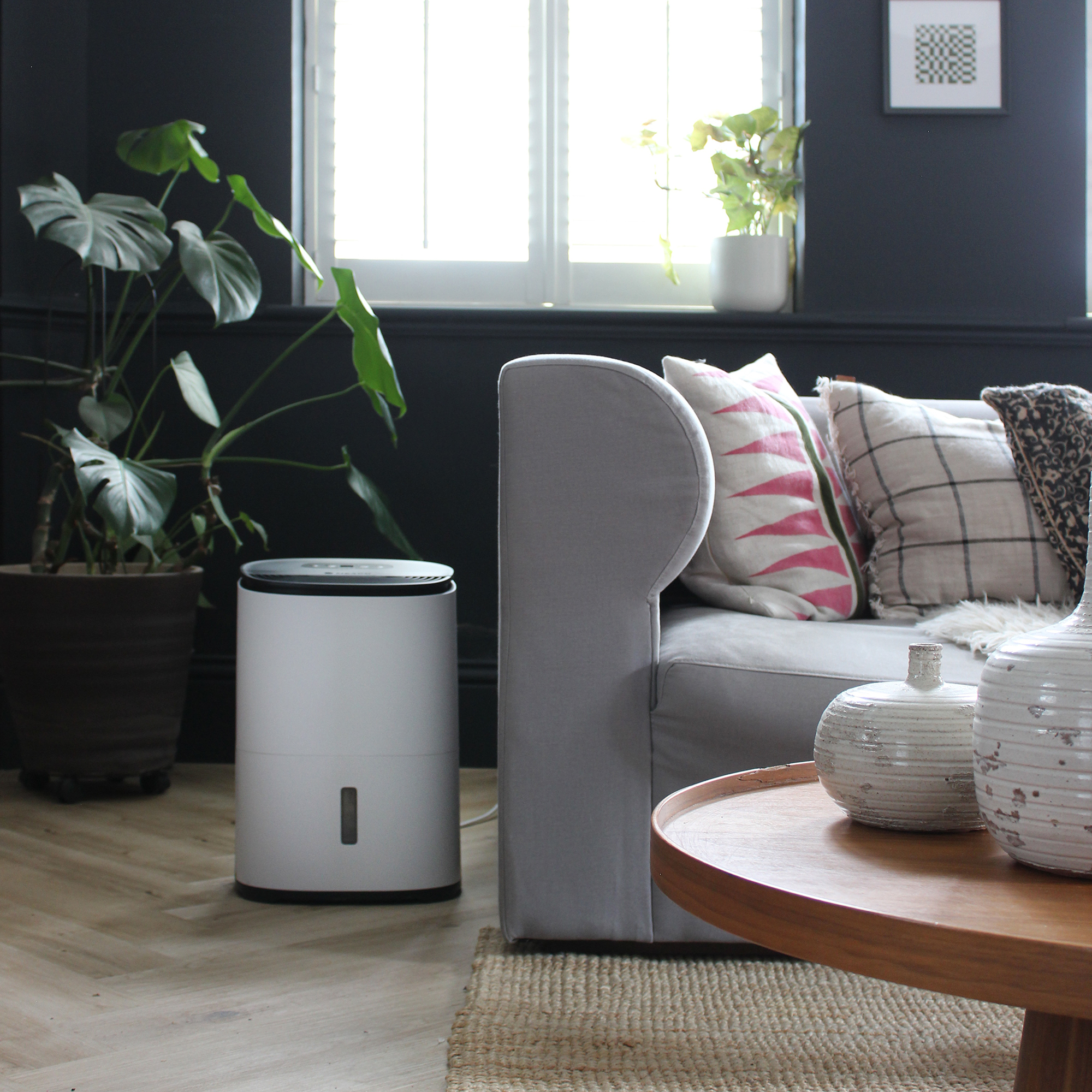
When would you need a dehumidifier?
Dehumidifiers are well known for how efficiently they can suck moisture out of the air in a room, which is especially helpful if you're trying to dry clothes quickly without a tumble dryer. However, they can come in handle in ways that don't include laundry.
'You'd want a dehumidifier when your indoor environment is too humid, typically above 60% relative humidity (RH),' explains Chris Michael, managing director of Meaco. 'Excess humidity can lead to problems like mould growth and a musty smell, which can be harmful to your health and damage your home.'
When shouldn't you use a dehumidifier?
While preventing mould is obviously incredibly important, there are definitely situations where a dehumidifier can actually do more harm than good.
'Avoid using a dehumidifier in a property that is already too dry, as it can make the air uncomfortably dry, leading to potential problems for health and home,' says Chris.
'Dehumidifiers can make the air too dry if overused, which can lead to discomfort and health issues.'
Sign up to our newsletter for style inspiration, real homes, project and garden advice and shopping know-how
Humidifiers
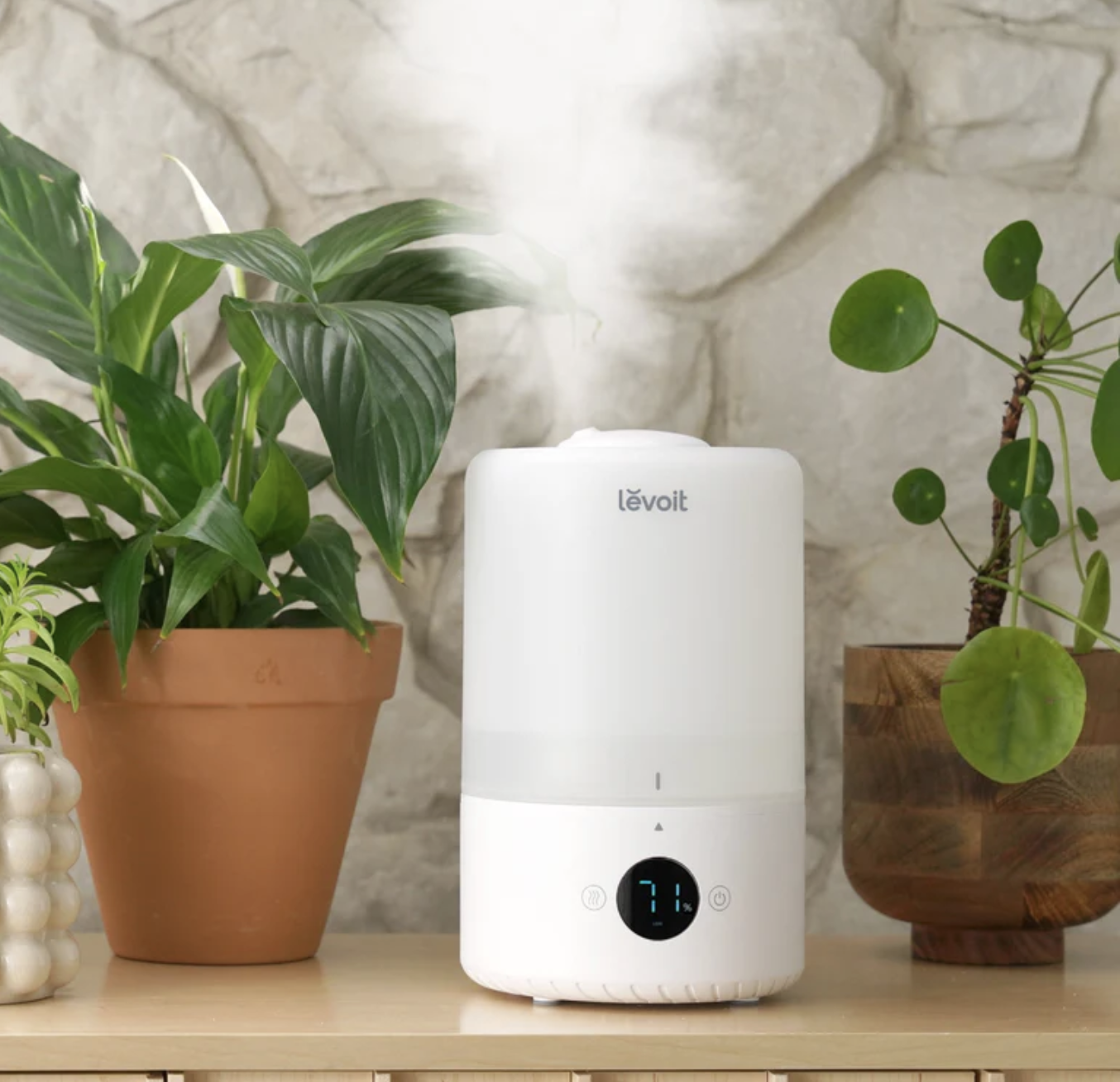
When would you need a humidifier?
Conversely, as the name suggests, humidifiers add humidity into a room. While we may often see humidity as a bad thing, it can help you depending on the air in your home.
'A humidifier is needed when the air is too dry, usually below 40% RH,' says Chris from Meaco. 'Dry air can cause issues like dry skin, irritated sinuses, and can cause wood to crack, warp, and shrink, damaging furniture, flooring, and wooden instruments.'
When shouldn't you use a dehumidifier?
As delightful as healthy skin and wooden furniture sounds, some homes should steer clear from adding humidity.
'Do not use a humidifier in a property that is already humid, as this can exacerbate problems like mould and mildew growth,' warns Chris. 'A suitable relative humidity for the UK is between 45% and 55%.'
'Humidifiers, if not properly maintained, can disperse bacteria and mould into the air, which can cause health problems. They also require regular cleaning and filter changes to avoid these issues.'
How to quickly tell which you need
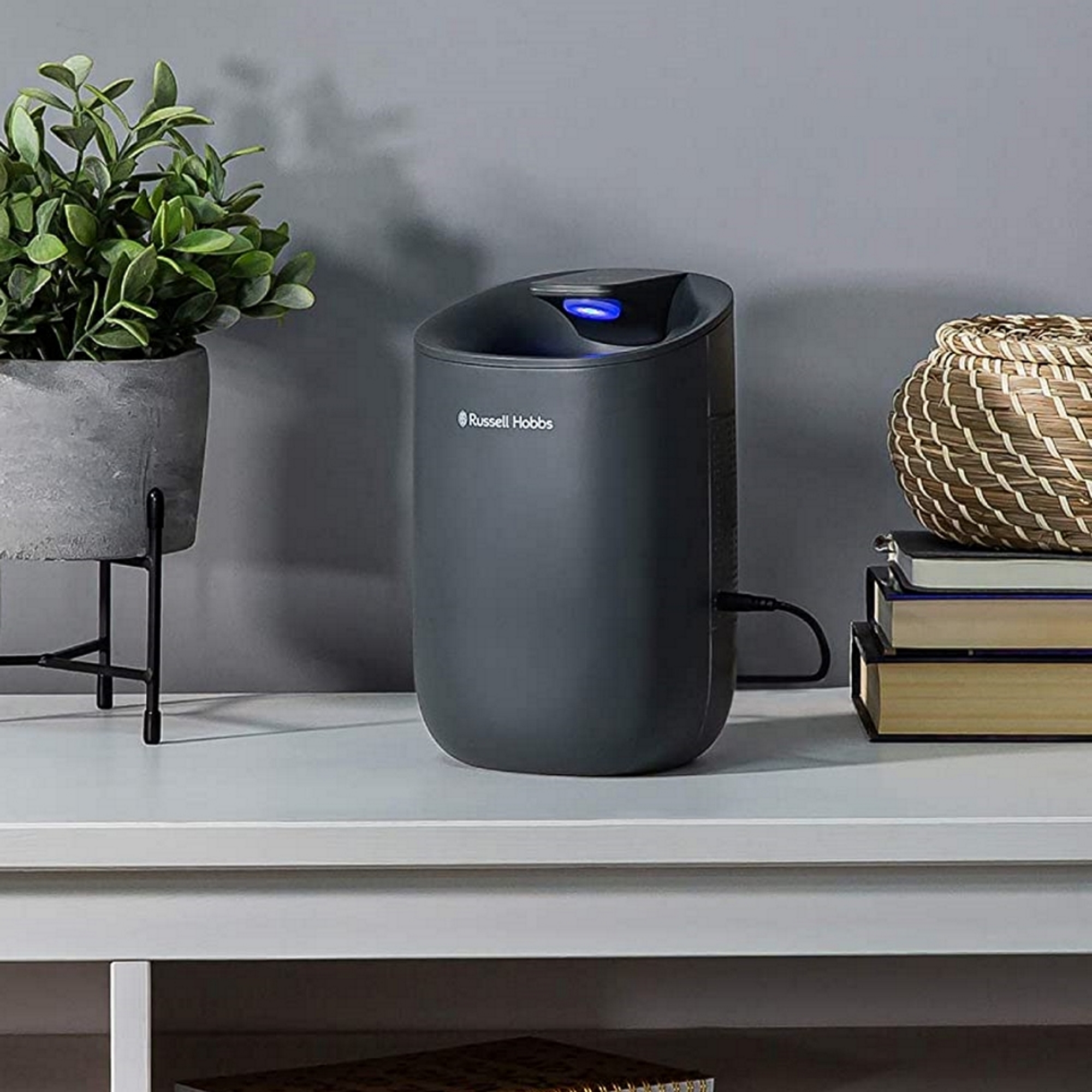
If you're looking for a speedy way to determine which you need when it comes to the dehumidifier vs humidifier, all you need to do is one easy test.
'One quick way to determine which device you need is by using a hygrometer, a cheap tool which measures relative humidity levels,' explains Chris. 'If the humidity is above 60%, you need a dehumidifier; if it's below 40%, you need a humidifier.'
'Additionally, common signs can help guide you: condensation on windows and musty smells indicate high humidity (dehumidifier needed), while dry skin, static, and irritated eyes or throat suggest low humidity (humidifier needed).'
Which should you buy?
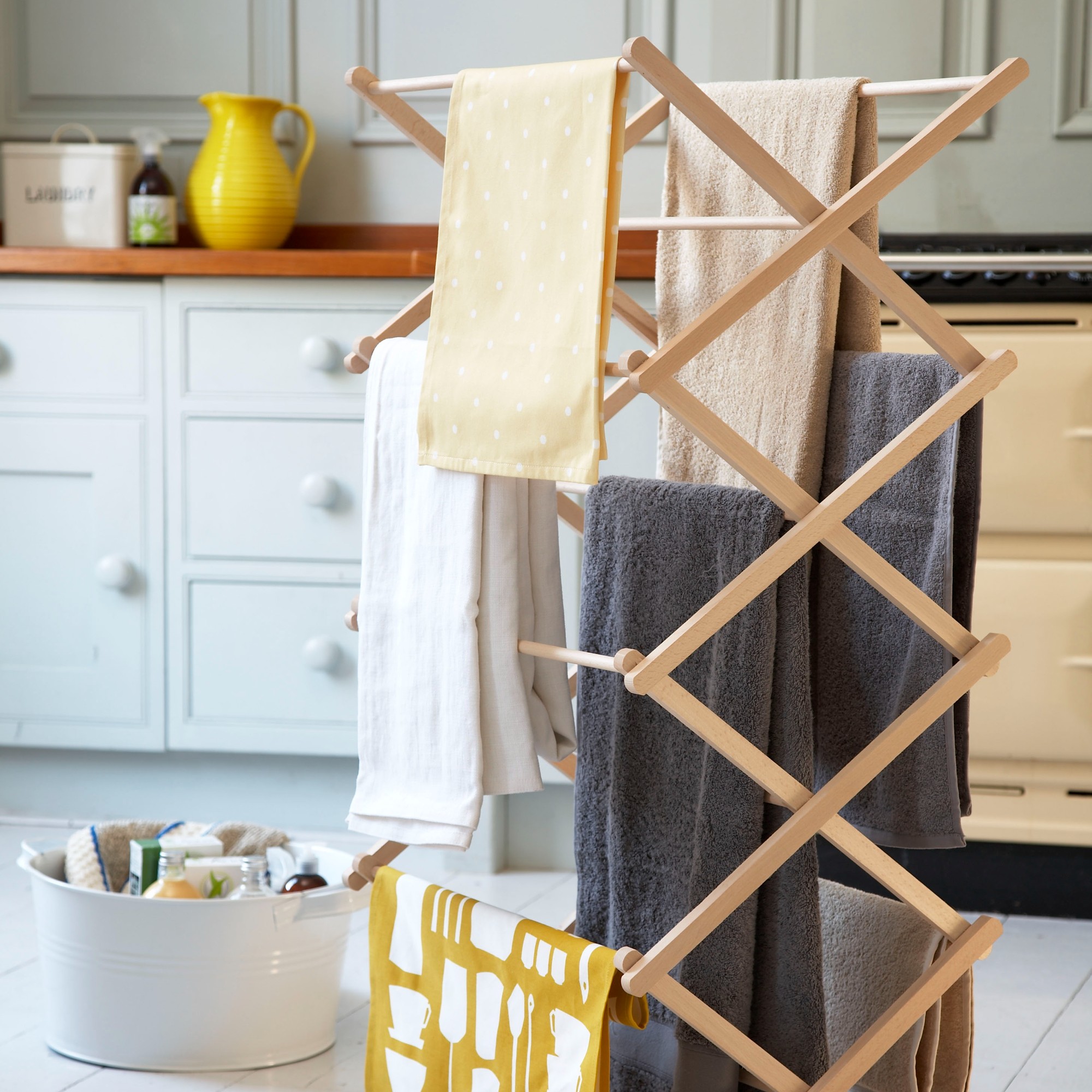
So, which is right for you when weighing up the dehumidifier vs humidifier answers? While you shold be able to check based on the humidity in your home, if you like in the UK, there could be an even quicker answer.
'In the UK, where damp conditions are common, a dehumidifier is generally more useful for most households,' advises Chris. 'With high electricity prices in the UK a dehumidifier helps households by helping dry laundry indoors instead of using a costly tumble dryer. It also makes heating more effective as dry air is cheaper to warm than damp air.'
However, no size completely fits all. 'If your home tends to be dry, especially during winter when heating systems can lower humidity levels, then a humidifier might be more beneficial,' adds Chris.
Take a closer look at your home, figure out what the current levels are and you'll be able to easily tell which is right for you.

Thea Babington-Stitt is the Assistant Editor for Ideal Home. Thea has been working across some of the UK’s leading interiors titles for nearly 10 years.
She started working on these magazines and websites after graduating from City University London with a Masters in Magazine Journalism. Before moving to Ideal Home, Thea was News and Features Editor at Homes & Gardens, LivingEtc and Country Homes & Interiors.
